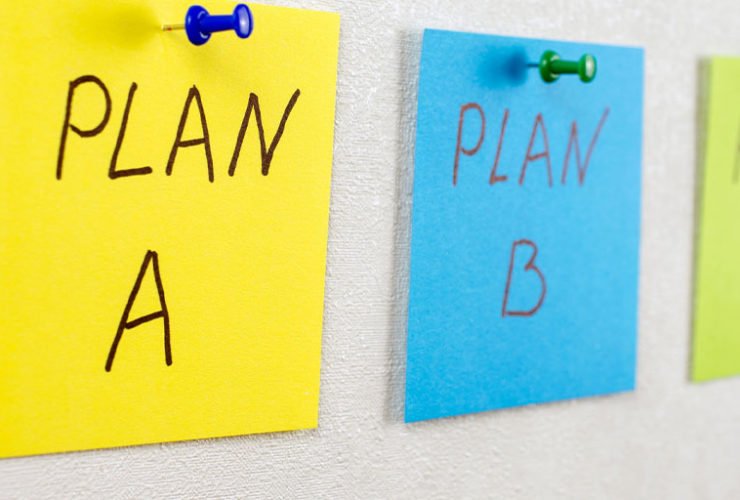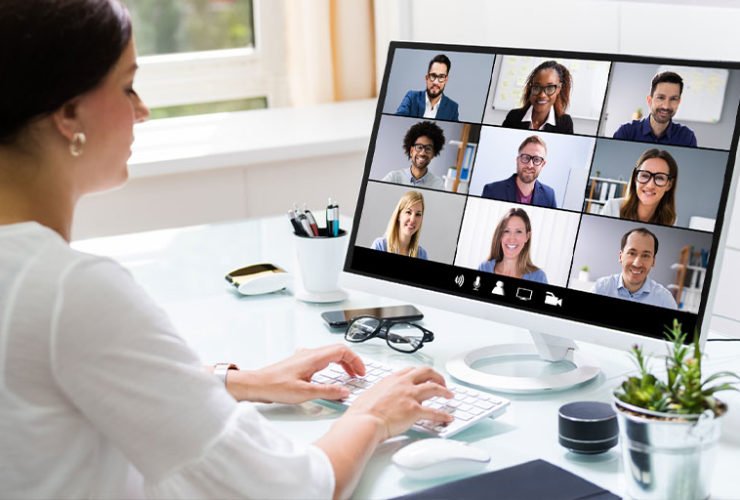Organising your event can feel daunting. There’s a lot to remember and you might feel like you’re being pulled in a dozen different directions at the same time. Whilst no two events are the same, when it comes to planning your event here are ten things guaranteed to appear on your event managers to do list.
1 A clear vision and defined objectives
Having a laser focused vision and defined objectives of what you want to achieve from your event is critical. Without this you are likely to experience scope creep, difficulty managing your budget and, when it comes to the crunch, you will find it tricky to prove the business benefits your event has delivered.
Your event manager will have this in the forefront of their mind when undertaking any planning on your behalf.
2 Exceptional standards
You need to consider what your target audience want to gain from your event – then make sure you deliver it – with bells on.
From preparing the marketing and promotional materials for your event, right through to a slick booking system, swift follow up and post event support, make sure that every interaction with your customer is a great one.
Inevitably things might go wrong from time to time. If that happens, the steps you take to make things right again will have a lasting impact on your customers. If you can make that a positive experience, any glitches will quickly fade from their mind.
3 Know your dates
As obvious as it might sound, make sure you know your key dates. Your event manager will double check that the date of your event doesn’t clash with anything obvious within your sector, or anything that might negatively impact on your attendance. Consider seasonal factors, national holidays and when workloads might peak for you target audience.
4 The perfect location
The success of your event will hang largely on the location being perfect – not just for the event itself but your audience too.
Consider transport links, parking and travel time. If your delegates are travelling any distance, will they need an overnight stay? Are there suitable options close to the event venue?
Catering and accessibility are also important to think about. If your venue can’t offer adequate catering, or meet the accessibility needs of your audience you need to think about how to resolve that. Can you use external caterers? Are there alternative solutions to resolve accessibility options? If you can’t easily resolve these issues it will impact on the smooth running of your event and you customers’ experience.
5 Successful marketing
A successful event doesn’t happen by accident. You need to develop a comprehensive marketing plan that will generate bookings. Things to consider are:
Digital and offline marketing budget
Email database
Communications plan
Sponsorship plan
Cohesive marketing assets
6 An exciting line-up
If your event includes speaker sessions make sure you don’t leave it too late to think about who your audience will want to hear from. Target thought-leaders in your industry with an engaging presence. Who will entice people to book tickets?
Get in touch with your desired speakers in plenty of time. Think about what you want them to talk about and how you will make it appealing for them to attend. You may also need a back-up plan in case any of your speakers are unwell or cancel close to the event.
7 Budget planning
Knowing your numbers and managing your finances is critical for any event. It can be easy to get caught up in the ‘fun’ aspects of planning and end up with an event that costs you a lot of money without delivering any of the business results identified in your event vision and objectives.
The budget plan should include every possible aspect of the event. From marketing, through to venue hire, catering costs and any giveaways.
8 Go paperless
These days most people book events online and expect it to be a quick and easy process. If you run lots of events you may have your own online booking system but if you don’t, there are lots of options available for you to use. Most will allow attendees to book, pay and receive their tickets electronically as well as providing event reminders.
It pays to shop around to make sure you use a system that is reliable and intuitive. If you choose a provider whose website crashes regularly or that is complicated to use, people may drop out of the booking process.
9 Publish your programme
But not until it’s been checked, checked and checked again!
Early in the planning process it’s a good idea to start developing a programme for the day so that your delegates know what to expect and when. Don’t publish it too soon as you might need to change things around but it will help you to plan the event and check for possible gaps or bottlenecks.
Once you have the day fully booked and confirmed, you can arrange for the programme to be finalised and shared with your audience. This might be by email or via your event app, if you are using one.
10 Suppliers you can trust
If you haven’t organised an event before it’s a good idea to seek recommendations for reliable suppliers.
If it’s not your first time, then you probably already have a supply chain you trust to deliver what you need, on time and to a great standard. However, don’t leave things to chance. Book your services and suppliers as soon as you know what you need. The earlier you make your reservations the more chance you have of being able to negotiate a great deal. Set the milestones you need your suppliers to meet and monitor progress to prevent slippage.
Call in the professionals
If all this leaves you feeling a bit overwhelmed, don’t panic. At Compleat Conference our experienced team of experts take the stress out of managing your event. Working with us means that you stay in touch with the progress of your event without having to worry about the nitty-gritty. That’s what your dedicated Event Manager is for!
Why not have a brief chat with us and find out how we can support you?
Call Heather on 01489 668333 or
email info@compleatgroup.co.uk
If you provide a number we will be pleased to call you back.


